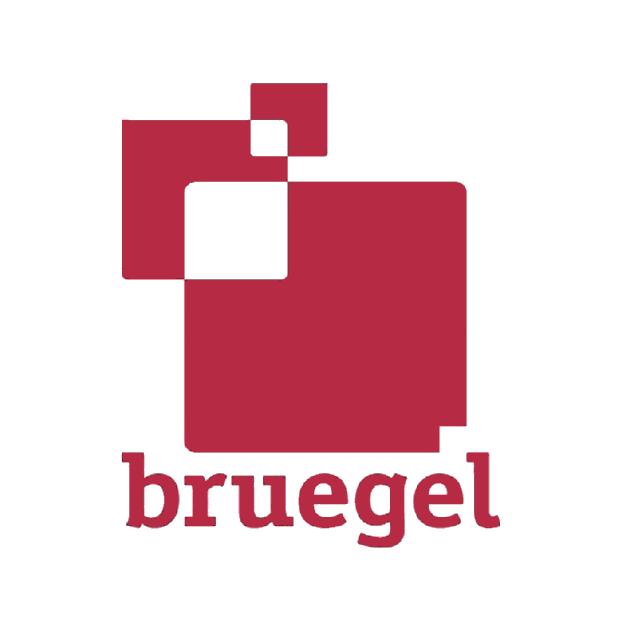Figure of the week: Internet freedom in sub-Saharan Africa declines

On September 21, Freedom House released its 2021 Freedom on the Net report, its annual survey and analysis of internet freedom around the world. This report assesses 70 countries from various regions (13 from sub-Saharan Africa) on obstacles to access, limits on content, and violations of user rights. The 2021 edition finds that, globally, internet freedom has been on a decline for the 11th straight year. Despite this however, Sudan, Gambia, and South Africa all saw increases in internet freedom since last year.
In assessing internet freedom, the report creates a total score based on its assessment of obstacles to access, limits on content, and violations of user rights. Based on those scores of 0-100, Freedom House then assigns ratings of free (scores 70-100), partly free (scores 40-69), and not free (scores 0-39).
Uganda, Rwanda, Sudan, and Ethiopia were the region’s highlights in this report. In fact, Uganda saw one of the greatest internet freedom deteriorations, with its score dropping from 56 out of 100 to 49 since last year. Freedom House attributes this decline to government forces implementing stricter internet restrictions during recent political events and crises, including a five-day shutdown during January’s elections. Another factor in the decline of Uganda’s score is the cost of internet access: Internet access, specifically on cellular phones, costs 5,000 shillings (about $45) per 1GB, making it unaffordable for many citizens. Despite these challenges, Uganda still ranks higher on the list than Rwanda, Sudan, and Ethiopia—the three sub-Saharan countries categorized as “not free” in the report.
Figure 1. Sub-Saharan Africa Freedom on the Net rankings 2021
Source: Freedom on the Net Report 2021, Freedom House.
Rwanda, which the report scored better than almost all African countries in terms of access, still received an overall score of 38 out of 100, largely due to limits on content. According to the report, the Rwandan government restricts content that strays from the government’s official narrative. Freedom House also found that the government has and continues to suppress political commentary through surveillance, arrest, and intimidation, especially against journalists, activists, and opposition leaders.
Related Content
Sudan received a total score of 33 out of 100, a three-point increase from last year. Sudan’s low score is largely due to limits on access. In fact, internet penetration in Sudan is very low: Only about 31 percent of the population was using the internet as of January 2021, likely due to unreliable electricity supply. Low access is not the only reason for the country’s low score: Internet users continue to face harassment and intimidation from the government for their online content.
The lowest-scoring country in the region was Ethiopia, with a total score of 27 out of 100. Like many other countries in the region, much of its low score is due to obstacles to access, for which it received only 4 out of 25 points. Indeed, the country struggles with unreliable electricity, a problem that has been exacerbated by conflict in the region. In fact, the conflict has impacted other aspects of the score: The report states that since the start of the recent conflict, Ethiopian citizens have experienced higher restrictions in human rights online.
For more on Africa and the internet see, “Nigeria’s twitter ban is a misplaced priority” and “Ethiopia, human rights and the internet.”
Germany – economic challenges for the new government
Become a member to read the rest of this article Username or E-mail Password Remember Me Forgot Password
CHILE: Debate unlikely to change Boric versus Sichel dynamic

Become a member to read the rest of this article
EUROPE: Managing the pandemic – what we are watching

Become a member to read the rest of this article
A new integrated-value assessment method for corporate investment

To contribute more to the green transition, companies should start to make investment decisions based on integrated-value assessment, weighing up the environmental and social impacts alongside the financial returns.
